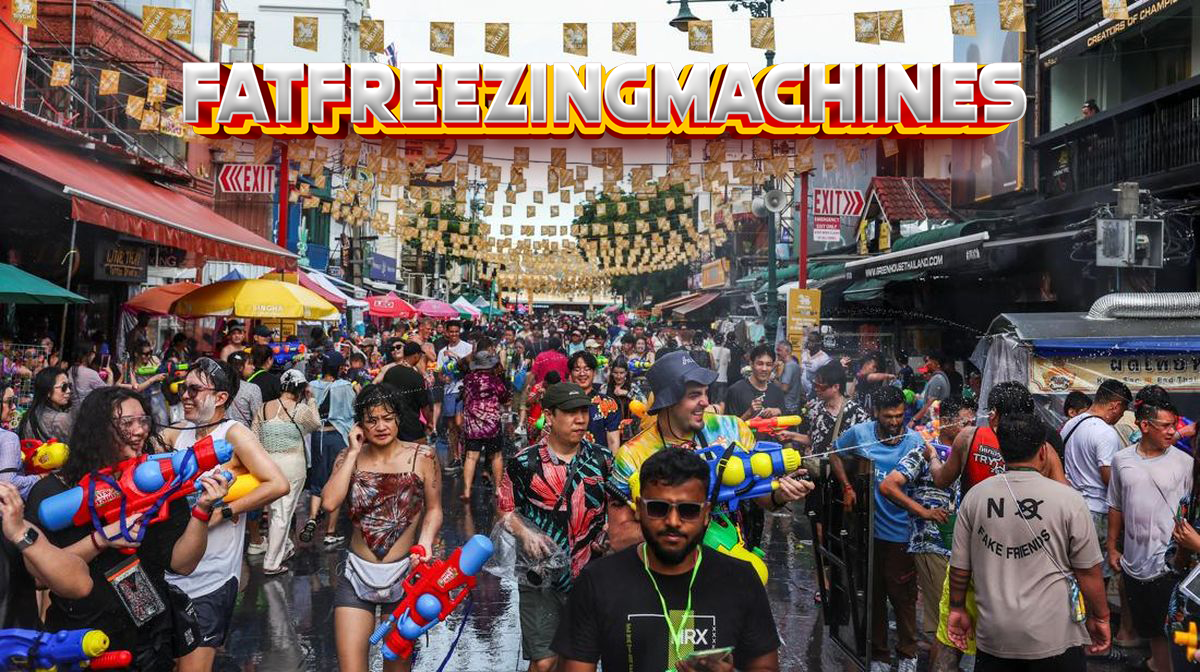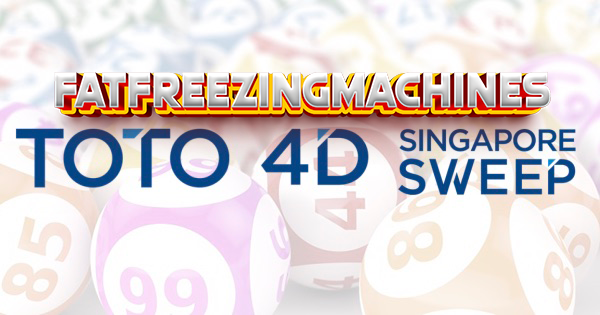
Songkran Festival in Thailand: A Joyous Celebration of New Beginnings
Thailand is known for its rich culture, warm hospitality, and vibrant traditions — but perhaps no celebration captures the heart and spirit of the Thai people like Songkran, the Thai New Year festival. Held annually in mid-April, Songkran is not only a time of spiritual cleansing and family reunions but also a nationwide water fight that draws tourists from all corners of the globe.
This article explores the history, cultural significance, rituals, and modern-day celebrations of Songkran, showing why it’s one of the most beloved and unique festivals in Thailand.

The Origins and Meaning of Songkran
The word “Songkran” comes from the Sanskrit word saṃkrānti, which means “astrological passage” or a transformation or change. In Thai culture, it marks the solar New Year, traditionally falling between April 13 and April 15 — the hottest time of the year in Thailand.
Originally, Songkran was a Buddhist and Brahminical celebration, a time to show respect to elders, clean homes and temples, and offer alms to monks. Over time, the customs evolved, blending spiritual rituals with joyous community celebrations, especially the now-famous water fights.
Cultural and Spiritual Significance
While Songkran is best known for its playful water battles, the festival’s roots are deeply spiritual and family-oriented. It is a time for renewal, reflection, and gratitude.
1. Paying Respect to Elders
A key tradition during Songkran is Rod Nam Dam Hua, where younger people pour fragrant water over the hands of elders and ask for blessings. This symbolizes respect and the washing away of past sins or bad luck.
2. Temple Visits and Merit-Making
Many Thais begin Songkran by visiting temples to:
-
Offer food to monks
-
Clean Buddha statues with scented water
-
Participate in ceremonies that bring merit for the coming year
The act of gently pouring water over Buddha images represents purification and the washing away of negativity.
3. House Cleaning and Renewal
Families clean their homes and public spaces before Songkran as a symbolic way to sweep out the old and welcome the new year. It is a way to reset, refresh, and make room for good fortune.
Water: The Heart of Songkran
The most iconic part of Songkran is the splashing of water — and it’s far more than just fun.
In Thai tradition, water is considered a symbol of purification and good luck. The act of gently sprinkling water on someone used to be a way to bless and wish them well. Over time, this has turned into a countrywide water fight involving buckets, water guns, hoses, and sometimes even elephants spraying from their trunks.
In the scorching April heat, the water brings joy, laughter, and relief — while maintaining its spiritual undertone.
How Songkran Is Celebrated Across Thailand
Although Songkran is celebrated throughout the country, each region has its own twist on the festival. Here’s how it’s typically observed in key locations:
1. Bangkok
In the capital city, major roads and districts like Silom Road and Khao San Road turn into water war zones. Locals and tourists alike join in with water guns, waterproof gear, and high spirits. Music, parades, and foam parties add to the excitement.
Temples such as Wat Pho and Wat Arun also hold traditional ceremonies and quieter celebrations.
2. Chiang Mai
Often referred to as the Songkran capital of Thailand, Chiang Mai hosts one of the most extravagant celebrations. The old city moat becomes the main battleground for water fights, while traditional parades and beauty pageants (Miss Songkran contests) take place in the city center.
Temples hold serene, traditional rituals alongside the lively festivities, offering a beautiful blend of old and new.
3. Ayutthaya and Sukhothai
These historic cities host more culturally rich and traditional Songkran events. People dress in historical Thai costumes, and celebrations include folk performances, sand pagoda building, and processions honoring Buddha statues.
4. Phuket and Pattaya
In these beachside cities, the party vibes are especially strong. Street celebrations stretch for days, and you’ll find beach parties, water-themed events, and even musical concerts extending Songkran into a full-on festival experience.
Traditional Customs Still Observed Today
While modern Songkran can be chaotic and playful, many Thais still honor its traditional elements. Here are a few key customs:
-
Making merit: Giving offerings to monks or donating to temples.
-
Sand pagodas: Families visit temples and build small sand stupas to replace the dirt they’ve carried away throughout the year.
-
Releasing animals: Some people release birds, fish, or turtles as acts of kindness believed to bring good karma.
-
Family gatherings: Like many New Year traditions around the world, Songkran is a time for reunions, food, and reflection.
Songkran and Tourism
Songkran has become one of the most anticipated festivals for tourists. Visitors from around the world flock to Thailand to experience the thrill of the water fights and the warmth of Thai hospitality.
For the tourism industry, Songkran represents a major economic boost — hotels, airlines, restaurants, and entertainment venues all benefit from the influx of visitors.
However, it’s important for tourists to understand the cultural roots of the festival and not treat it as just a party. Respect for the traditions, elders, and spiritual side of Songkran enhances the experience for everyone.
Tips for Enjoying Songkran
If you’re planning to join Songkran celebrations in Thailand, here are a few handy tips:
-
Protect your belongings – Use waterproof pouches for your phone, cash, and passport.
-
Be respectful – Don’t throw water at monks, babies, or the elderly. Also, avoid using dirty or icy water unless you’re in a playful group.
-
Dress appropriately – Wear lightweight, water-friendly clothes, but avoid revealing outfits as it may offend locals.
-
Stay hydrated – With the heat and excitement, it’s easy to forget to drink water.
-
Embrace the fun – Whether you’re being soaked by a water truck or gently sprinkled by elders, go with the flow and enjoy the experience.
Conclusion: A Celebration of Joy and Renewal
Songkran is more than just a water fight — it’s a celebration of life, family, and new beginnings. Rooted in tradition but full of modern joy, it embodies the essence of Thai culture: warm, welcoming, and always ready to smile.
Whether you’re a local reconnecting with loved ones or a traveler experiencing it for the first time, Songkran offers something unforgettable. From sacred rituals to splash-filled streets, it’s a festival that touches the heart, cools the body, and refreshes the soul.
So, if you ever get the chance to visit Thailand in April, don’t miss out on the Songkran experience — it’s one of the most unique and meaningful celebrations in the world.



